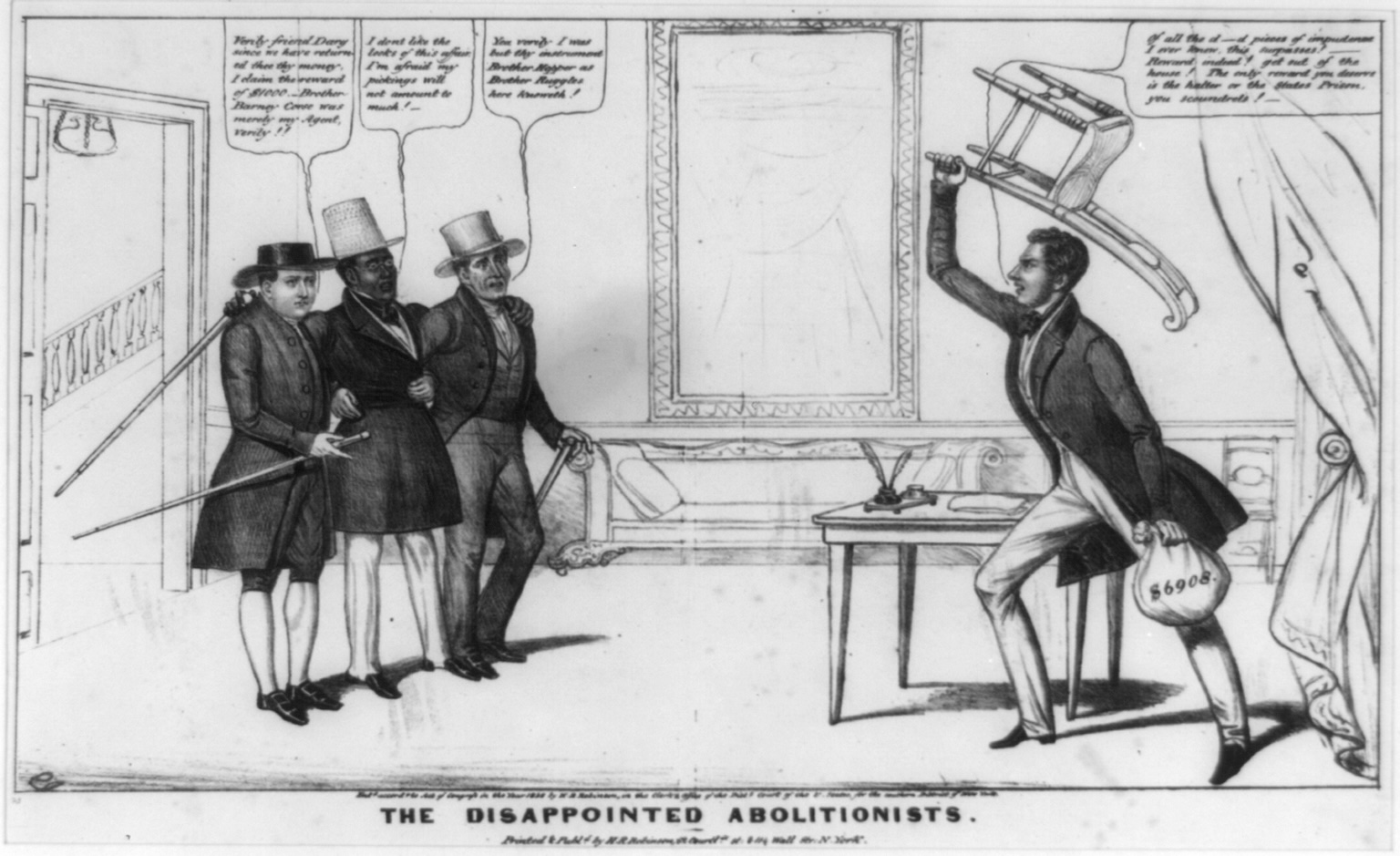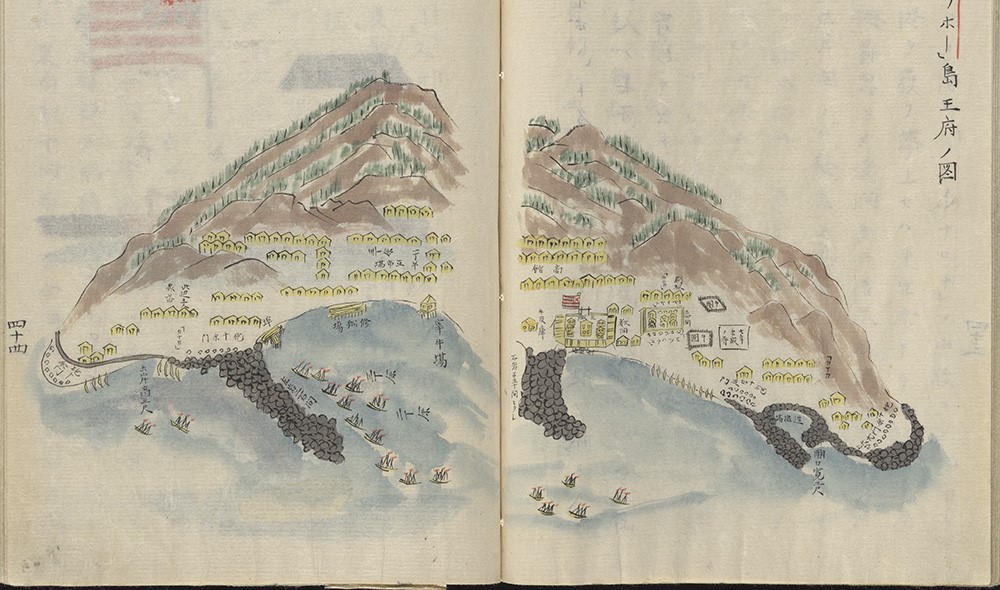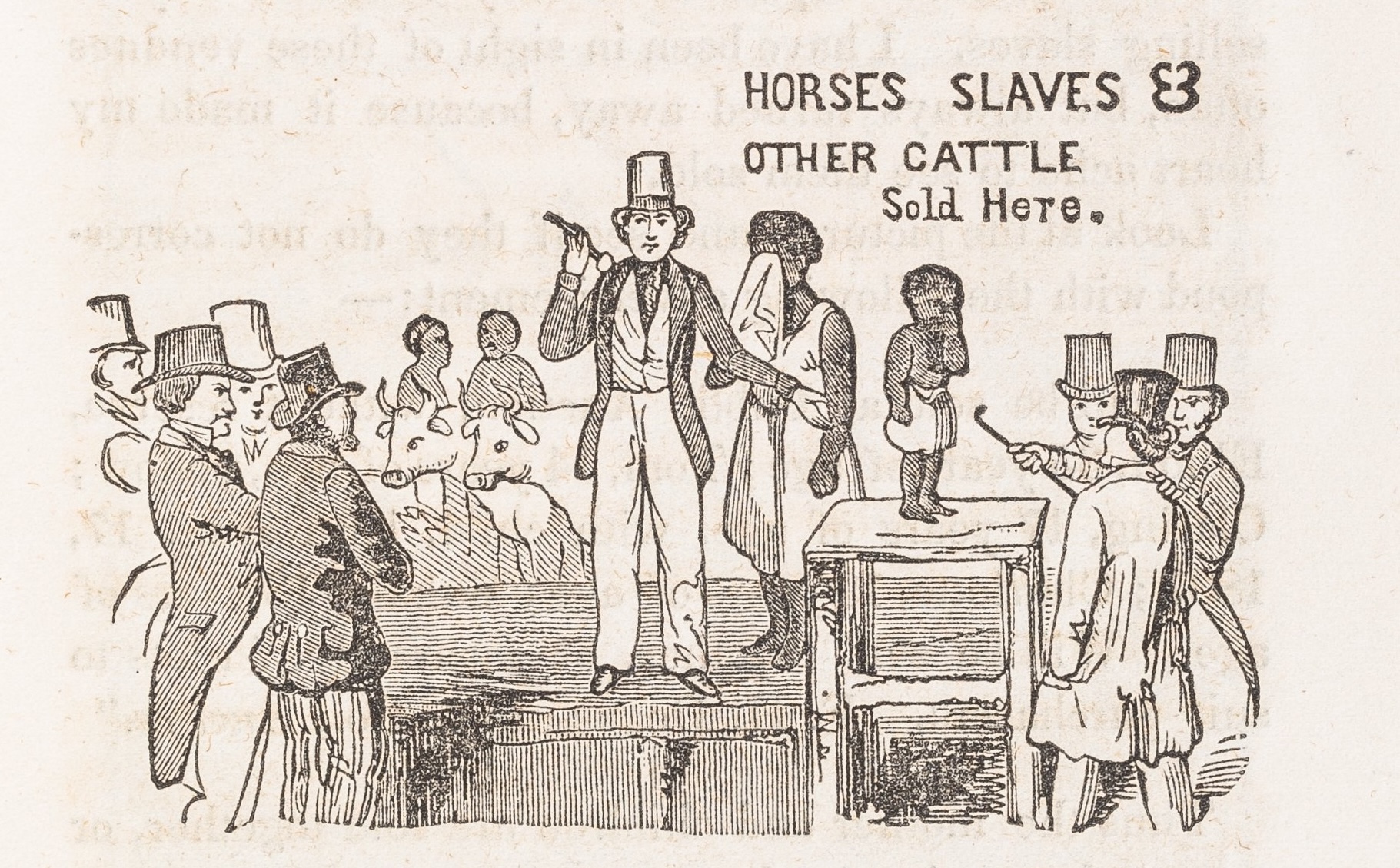On July 8, 1797, Abraham Johnstone, a free black man born into slavery in Delaware, was executed in Woodbury, New Jersey, for the crime of murder. If you asked him, though, he was innocent. And if you were present at his execution or at his public address to Woodbury’s people of color on July 2, he would have told you so, whether or not you were wondering.
This untidy text, printed in Philadelphia in 1797 and titled The Address of Abraham Johnstone, a Black Man, Who Was Hanged at Woodbury, in the County of Glocester, and State of New Jersey, on Saturday the the [sic] 8th day of July Last; To the People of Colour. To Which is Added His Dying Confession or Declaration. Also, a Copy of a Letter to His Wife, Written the Day Previous to His Execution, is as much a valuable account of the shape of anti-blackness in Johnstone’s moment as it is a testament to Johnstone’s particular views, delusions, and shortcomings. Its untidiness stems in part from the fact that it is actually a compilation of three short documents: Johnstone’s address, advertised in the publisher’s preface as a “wholesome admonition, together with some general observations on the present situation of those of his colour”; his dying confession, in which he confesses almost nothing and instead names those who supplied false testimony against him; and, most curiously, a farewell letter to his wife, Sarah, written when she declined a final opportunity to visit him in jail.
Considered discretely, these documents take forms that will be recognizable to those who study the archives of the African diaspora in North America. Sentimental reformist oration, fugitive confession, and the personal epistle are all represented in this text. But the apposition of these genres, especially in light of Johnstone’s possibly wrongful conviction and turbulent private life, transforms each of them in revealing ways. In his address, for example, Johnstone advises his brethren to earn freedom and the provision of rights by adopting “a just, upright, sober, honest and diligently industrious, manner of life and purity of morals to improve that favourable disposition [toward blacks, among liberal whites], and if possible ripen it in to esteem for ye all.” With this admonition, Johnson insists upon an eighteenth-century version of what we might now recognize as a politics of respectability. Our understanding of his insistence cannot help but be warped, however, by an overwhelming sense, present in the dying confession, that a long record of such behavior did not protect Johnstone. His recollection of his movements in and out of slavery, fugitivity, employment, and precarity depict hard, steady work as both a necessary condition on his freedom and a practice that is, paradoxically, least accessible to him when he is a “free” laborer. Under the light of this contradiction, Johnstone’s proud memories of a life of hard work appear out of step with the allegations of perjury that follow them—allegations, interlaced with professions of forgiveness for those who testified against him, that feel heavy with anger, shame, and desperation.
Triangulated with this story of the law’s inequity, and with the address’s motivating phantasm of respectability, is the letter’s contribution: a glimpse at Johnstone’s troubled, and at times troubling, relationship with his wife. It might never be known why Sarah decided not to visit her husband before his execution, but the letter indicates that Johnstone had some idea. Loath to admit any culpability for the death of Tom, the “Guinea Negro” he was convicted of killing, Johnstone readily admits to and begs Sarah’s “pardon for all the transgressions I have committed […] against our marriage bed during the time we have been united.” Parallel with this admission, and indeed overwhelming it, are what amount to repeated postmortem efforts to control his wife’s body, in the form of exhortations to “shun and by all means avoid frolic[k]ing and all it’s [sic] attending evil concomitants.” Johnstone’s own adultery and his expression of what we now recognize as a sexist double standard certainly qualify his emphasis on moral respectability—a qualification that is already somewhat legible in his use of the gendered “brethren” to address his people. But how should this contradiction inform our understanding of his unjust treatment before the law? Or his self-presentation as a hard-working and, ultimately, sympathetic figure who earned his emancipation? Or, for that matter, his earnest sense that his earthly persecution resembled that of Christ, whose “life was taken away by false swearing (Alas! so is mine)”?
To move toward answering these questions about Abraham Johnstone would be to shed light on questions that have continued relevance in early American studies and in our political present—questions about the untidy and often contradictory historical entanglements of criminality, respectability, in/justice, sympathy, and freedom. Indeed, to engage critically with Johnstone’s contingent worldview, made visible by this text’s rich navigation of his public and private lives, is to begin taking seriously the story of a person whose lot was to live through, but never work through, such entanglements.
This article originally appeared in issue 17.3 (Spring, 2017).
Ajay Kumar Batra (@_ajaykb) is a PhD student in English at the University of Pennsylvania. His research focuses on race, political economy, and life writing in the nineteenth-century U.S. and Circum-Caribbean, with a special emphasis on the literatures of the African diaspora.



















